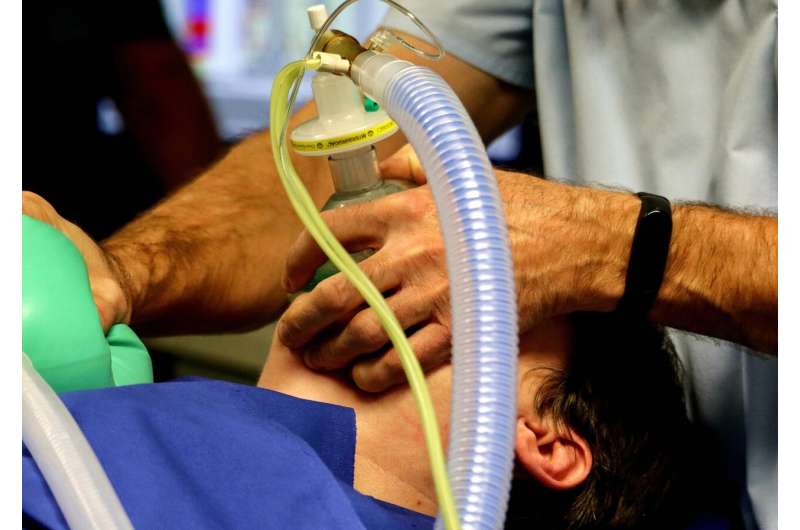Collaborative Experience Between Surgeons and Anesthesiologists Reduces Patient Complications

Research shows that prior collaborative experience between surgeons and anesthesiologists is linked to fewer postoperative complications, emphasizing the value of team stability in high-risk surgeries.
A recent study highlights the importance of team familiarity in surgical outcomes, revealing that surgeon-anesthesiologist pairs with prior collaborative experience are associated with fewer patient complications. The research, conducted by experts from ICES, Sunnybrook Research Institute, and the University of Toronto, analyzed data from hundreds of thousands of high-risk surgeries performed in Ontario over a decade. It was found that increased familiarity between these key members of the surgical team significantly lowers the chances of severe postoperative complications, particularly in gastrointestinal, spinal, and gynecological cancer surgeries. Each additional procedure performed by the same duo in a four-year period decreased the risk of adverse outcomes by 3-8%. Interestingly, for procedures like orthopedic and cardiac surgeries, teams tend to be more stable, with members often working together multiple times annually, which could explain why the effect of familiarity was less pronounced in these cases. The study suggests that optimizing team arrangements to foster repeated collaborations may serve as a cost-effective strategy to enhance patient safety without resorting to expensive technological interventions. However, implementing such models requires careful consideration, as increased specialization could impact flexibility within operating room staffing. Moving forward, researchers are exploring ways to encourage stable team formations and are conducting interviews with medical professionals to better understand how to integrate these practices effectively into clinical settings. They are also assessing the potential savings for hospitals that could result from reduced complications through improved team consistency. Ultimately, the findings support the idea that consistent team dynamics, built through frequent collaboration, can significantly improve surgical outcomes.
Source: https://medicalxpress.com/news/2025-07-surgeon-anesthesiologist-teams-prior-linked.html
Stay Updated with Mia's Feed
Get the latest health & wellness insights delivered straight to your inbox.
Related Articles
Biological Aging Faster in Rwandans Conceived During Genocide: New Research Findings
Recent research reveals that individuals conceived during Rwanda's 1994 genocide are experiencing accelerated biological aging, particularly among those born of genocidal rape, emphasizing the need for targeted healthcare and long-term support.
New Study Confirms Effectiveness of Updated COVID-19 Vaccines in Preventing Severe Illness and Death
New research confirms that the 2023–2024 updated COVID-19 vaccines significantly reduce severe illness, hospitalization, and death, especially among high-risk adults, highlighting the importance of booster doses amid virus evolution.
Should You Spit or Swallow Phlegm? Understanding the Best Approach
Discover whether it's better to spit out or swallow phlegm during respiratory illnesses. Learn how each method affects your health and immune response for optimal respiratory care.
Innovative Gene-Editing Technique Offers Hope for Childhood Vascular Disease Treatment
A novel CRISPR-based gene-editing technology shows promise in treating deadly childhood vascular diseases by precisely targeting genetic mutations, extending survival in preclinical models.



